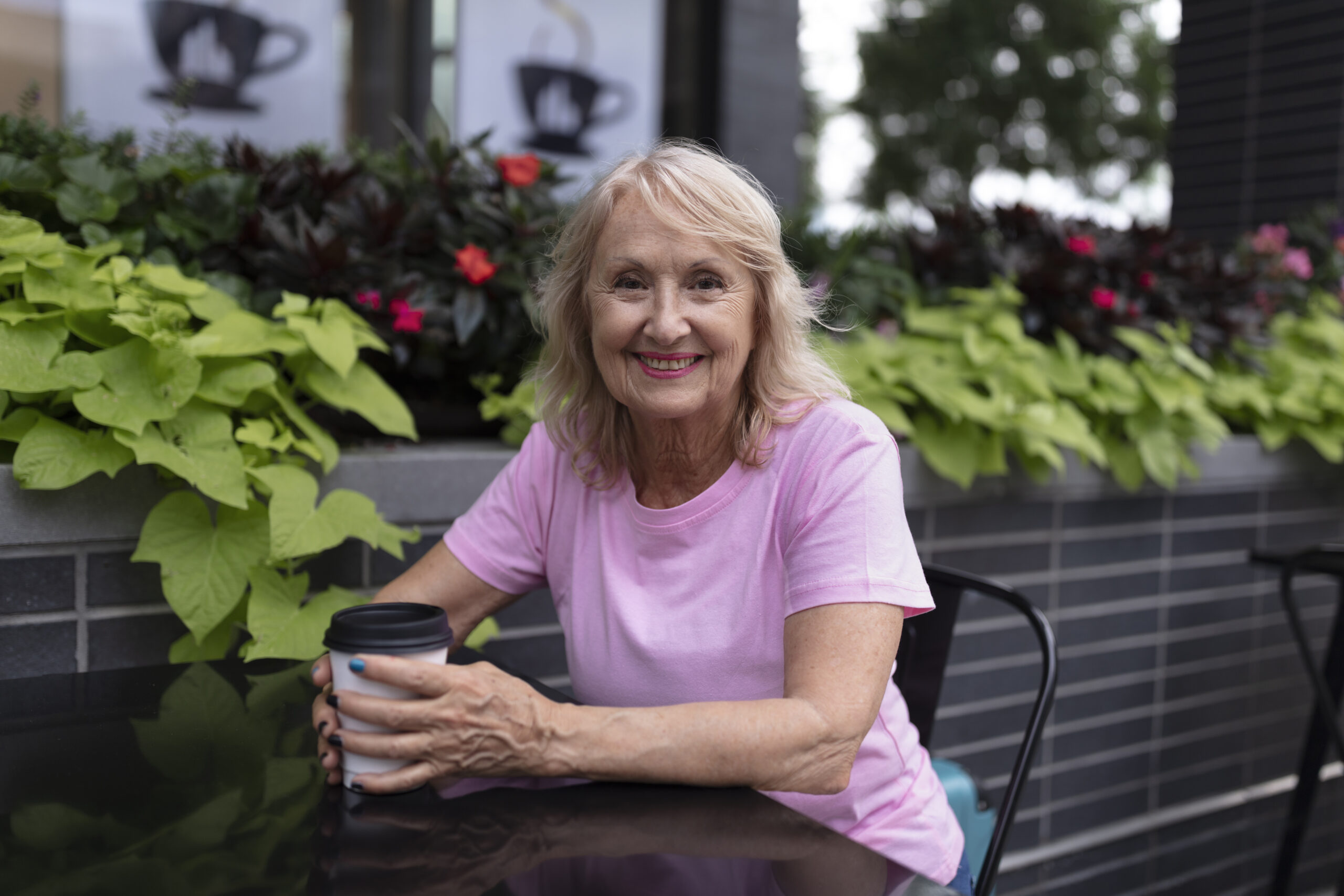A brief guide for children and carers of loved ones planning a move into aged care
If your loved one is refusing the opportunity to move into an aged care residential facility, what are you to do? This article examines the things you should consider as you decide on your course of action.
Be sensitive to your loved one’s feelings
Before you do anything else, be sensitive to your loved one’s feelings. Leaving a family home or simply losing the perception of independence can be a harrowing experience. Be understanding and above all, make sure you are focusing on your loved one’s needs, in both your words and your actions.
With your loved one’s feelings top-of-mind, consider when you should pursue a discussion about a move. If you are reading this article, he or she has already refused the first offer. Timing for the next discussion must be optimal. If you bring it up and sense the time isn’t right, drop the subject. You may have to be patient, because the ultimate decision must come from the elderly individual.
Choose the right moment
Choose a moment where your loved may be open to change. Perhaps he or she is feeling lonely, or unsafe. Safety and company are two key benefits of an aged care facility and this may be the right time for them to accept your suggestion.
Tour facilities
When the initial objection comes from a preconceived, old-fashioned notion of aged care. Suggest a tour of a modern facility before you continue discussion. This may be a turning point for your loved one. Tour a few facilities of different sizes and styles. Your loved one may feel more comfortable in a small, cozy setting, or they may surprise you and love the energy and brightness of the larger, more modern one. Consult them on their preferences and give them control over the choice.
Get references and opinions
Check with friends of your loved ones to find others who are happy living in residential aged care. Arrange for a tour of their residence and a visit with the friend(s). Ask questions about privacy, furniture and belongings from home. Show genuine, heartfelt enthusiasm about the move, how their room or apartment would look with them in it, and how your visits with them would go when they live there.
Engage a trusted friend or community leader to suggest a move. Your loved one may be more open to the suggestion when it comes from someone with more perceived objectivity.
It is important to have a plan in place so you are not stuck in a crisis with limited options. Know your loved one’s preferences and ensure that all family members agree on a course of action – both over the long-term, and in a crisis scenario like a hospital admission or progressing dementia. Above all, the decision to move into aged care should ultimately come from your loved one.











